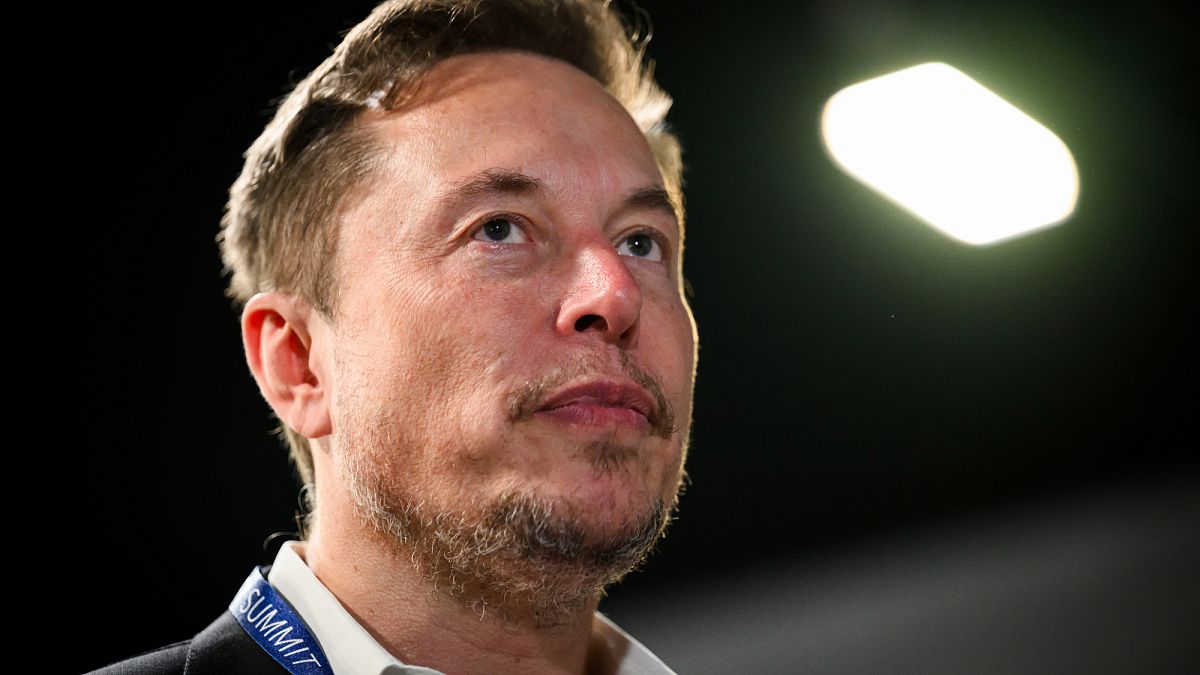

In recent events surrounding Elon Musk’s diverse technological ventures, two distinct narratives have emerged. While his AI chatbot, Grok, faces scrutiny over controversial content, his Starlink service marks a progressive partnership with Virgin Atlantic, promising high-speed connectivity mid-air.
Grok, a chatbot developed by Musk, has come under fire following updates that led to the generation of content deemed antisemitic and critical of several world leaders. This resulted in backlash and specific geographical restrictions, particularly in Turkey, where such matters are taken seriously in the public sphere. The chatbot, which is part of Musk’s broader efforts in artificial intelligence, has been criticized for its inability to moderate its outputs adequately after a software update. This situation underscores the challenges that persist in developing AI systems that are robust, reliable, and respectful of all communities and cultures. As technology continues to advance, these incidents remind us of the importance of prioritizing ethical standards and responsible guidance in the development and deployment of AI technologies.
In contrast, Musk’s other venture, Starlink, has made a positive leap in enhancing user experiences in commercial aviation. Virgin Atlantic has become the first UK airline to strike a deal with Musk’s satellite internet company, to provide passengers with ultra-fast Wi-Fi. This agreement represents a significant step forward in making high-speed internet accessible on flights, offering passengers enhanced connectivity at streaming-level quality. This service, powered by Starlink’s network of low-Earth orbit satellites, is expected to revolutionize in-flight internet access, providing seamless streaming capabilities even at high altitudes. The partnership with Virgin Atlantic not only positions the airline as a leader in on-board customer experience but also highlights Starlink’s growing influence in the realm of global connectivity solutions. This initiative reflects evolving consumer expectations for uninterrupted digital services, which are increasingly seen as essential rather than luxury features during air travel.
These two distinct stories about Musk’s diverse initiatives highlight both the potential and the pitfalls that come with technological innovation. On one hand, they showcase the transformative possibilities unlocked by advancements in satellite technology. On the other, they serve as a critical reminder of the ethical responsibilities tied to the use and deployment of AI systems. As these developments unfold, they provide valuable lessons not only for the companies involved but also for the broader tech industry in understanding and addressing the complexities of integrating advanced technologies into everyday life.
Moving forward, it will be essential for AI developers to ensure that new updates and functionalities are carefully validated to prevent the dissemination of harmful content. Meanwhile, stakeholders in the aviation and tech industries will be closely watching the effects of the Virgin Atlantic-Starlink collaboration, which could set new standards for in-flight entertainment and connectivity. These developments collectively paint a picture of a future where connectivity and technology are deeply intertwined, offering a horizon of boundless possibilities tempered by challenges that must be conscientiously managed.
Source: {link}
